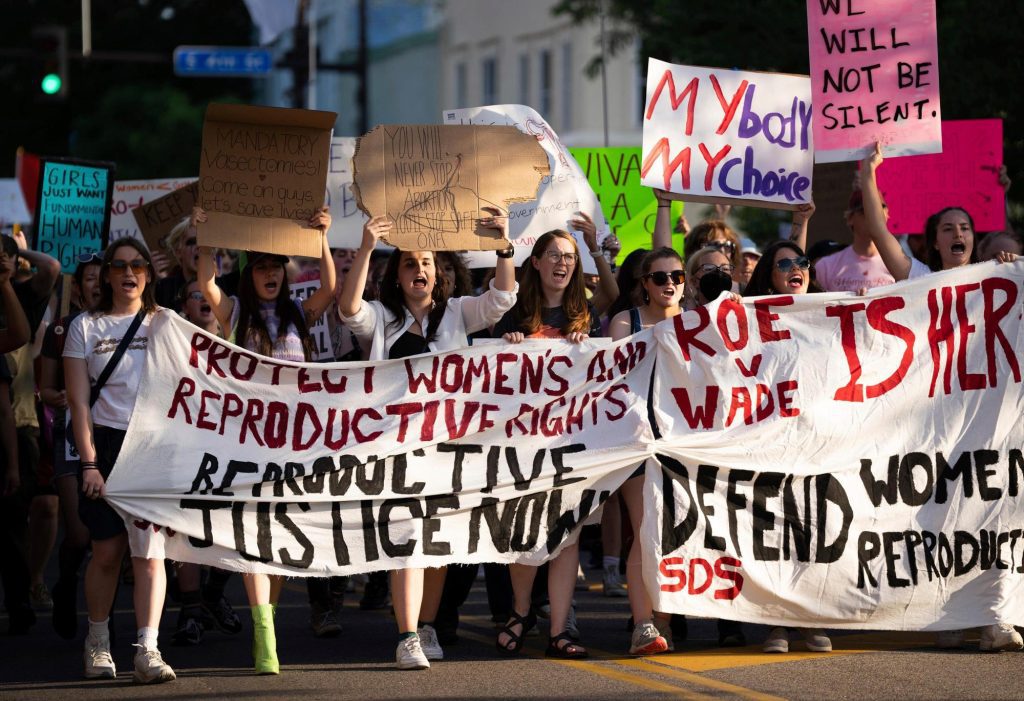By TRISHA AHMED (Associated Press/Report for America)
The Minnesota Court of Appeals has decided that a pharmacist who declined to give emergency contraceptives to a customer due to his personal beliefs was guilty of discrimination.
A three-judge panel ruled that pharmacist George Badeaux discriminated in 2019 when he wouldn't fill a prescription for emergency contraception used to prevent pregnancy. The customer had to travel 100 miles to get the prescription filled at another pharmacy.
The customer, Andrea Anderson, later sued for discrimination under Minnesota’s Human Rights Act.
Judge Jeanne Cochran stated, “Badeaux’s refusal to dispense emergency contraception because it may interfere with a pregnancy is sex discrimination,” in the ruling.
The appeals court decision means the case will either be appealed to the Minnesota Supreme Court or returned to district court. A jury in 2022 found the pharmacist not guilty of discrimination but awarded Anderson $25,000 for emotional harm.
Jess Braverman, Anderson's attorney and legal director of Gender Justice, said this ruling may be the first to find that refusing emergency contraception is a form of sex discrimination. Alison Tanner, from the National Women’s Law Center, agreed.
Braverman emphasized that the ruling makes it clear to Minnesota businesses that they cannot turn away patients in need of reproductive health care.
Rory Gray, a lawyer at Alliance Defending Freedom, a Christian advocacy group, represented Badeaux and criticized the decision.
Gray stated, “As a devout Christian, George believes every human life has value. As such, George cannot provide or facilitate the use of any potential abortion-causing drugs.”
Anderson was unable to buy the emergency contraception, called Ella, at the drug store.
Gender Justice argued that Badeaux discriminated against Anderson based on her sex.
In 2015, Badeaux had refused to dispense Plan B, a different kind of emergency contraception, to a woman, resulting in a complaint to the pharmacy’s owner.
Tanner, from the National Women’s Law Center, stated that the Monday decision “is significant because there should be no excuse for individuals in need of emergency birth control to be delayed access to that treatment. It is a medication that needs to be taken quickly.”
Since the U.S. Supreme Court eliminated constitutional protections for abortion in 2022, some states have increased access to emergency contraceptives and birth control while others have limited access and implemented abortion bans.
Numerous colleges nationwide now stock emergency contraceptives in vending machines, according to the American Society for Emergency Contraception. Some, like the University of Tulsa in Oklahoma, are in states where abortion is largely prohibited.
While Minnesota has safeguarded access to abortion, nearby states have outlawed or greatly restricted the procedure.
___
Trisha Ahmed is a corps member for the Associated Press/Report for America Statehouse News Initiative. Report for America is a nonprofit national service program that places journalists in local newsrooms to report on under-covered issues. Follow her on X, formerly Twitter: @TrishaAhmed15









